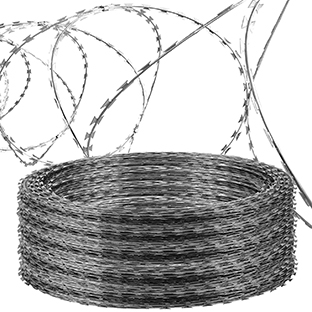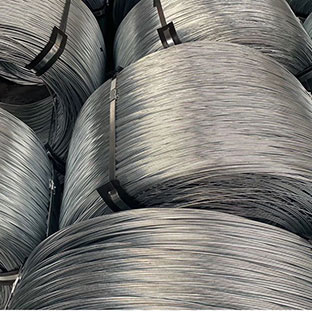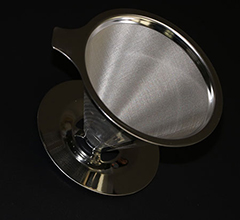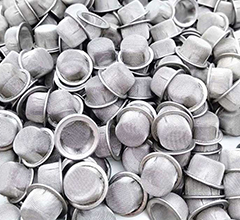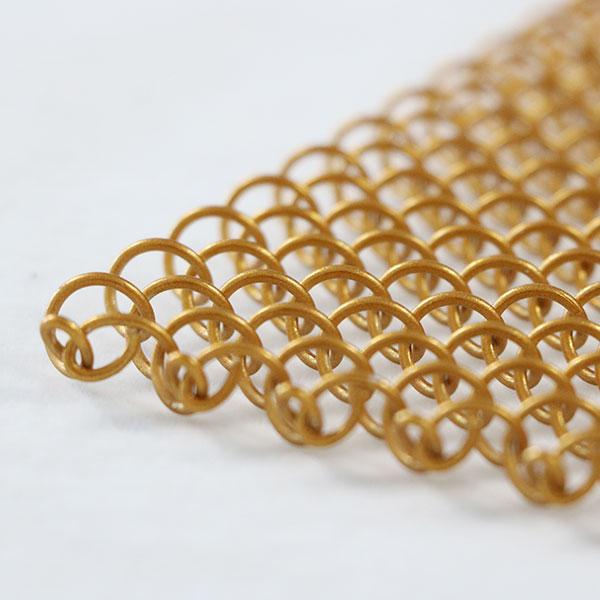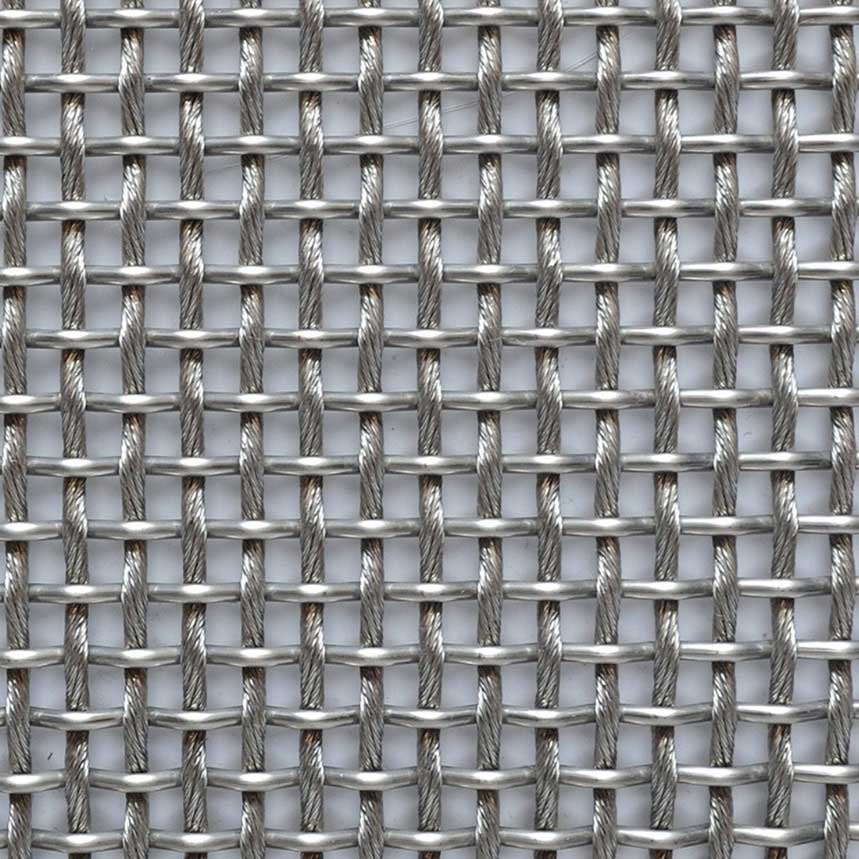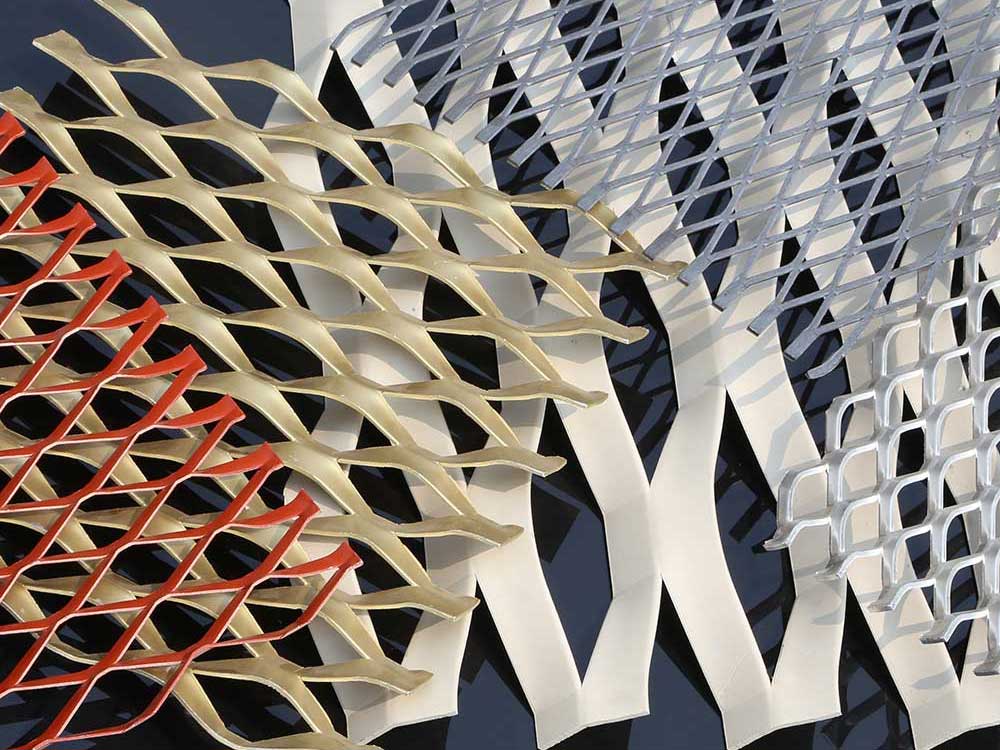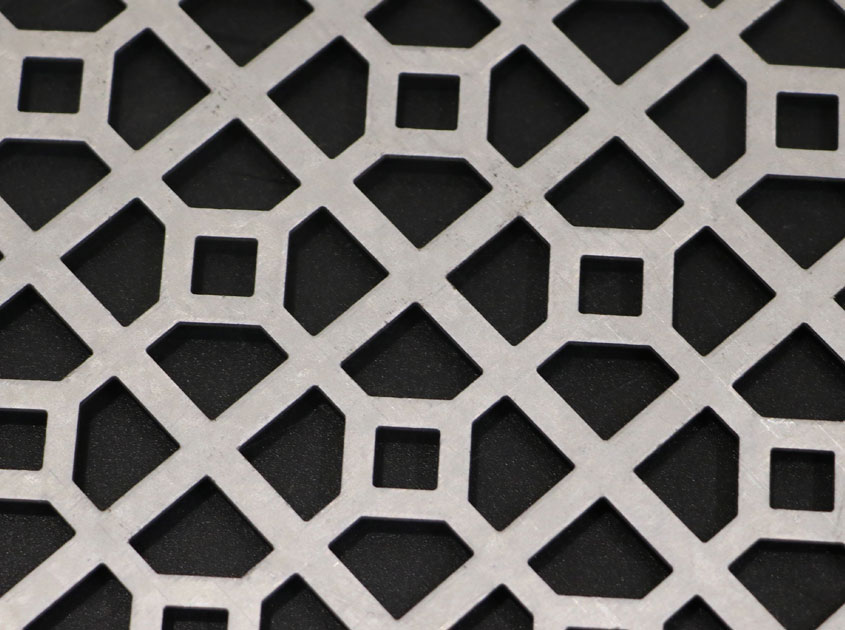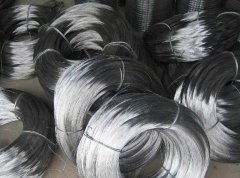However, stainless steel wire mesh provides an attractive alternative with its unique combination of durability, corrosion resistance, and cost-effectiveness. This article aims to compare the electrical conductivity of stainless steel wire mesh and copper wire mesh, shedding light on their respective advantages, applications, and considerations for selecting the most suitable material.
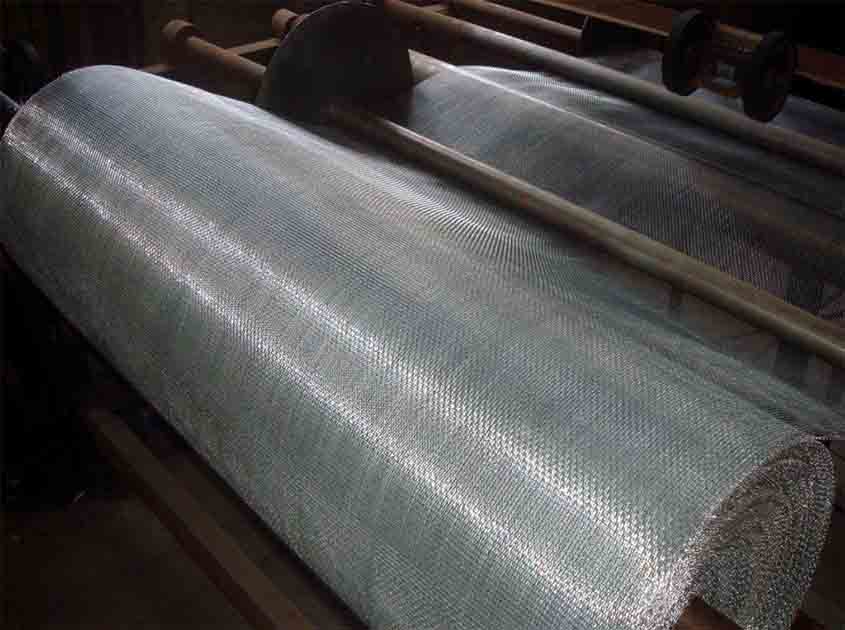
Conductivity Comparison:
Copper wire mesh stands out for its superior electrical conductivity. Copper is renowned for its low electrical resistance, allowing for efficient transmission of electrical current. It offers excellent conductivity properties that make it a preferred choice in applications where high electrical conductivity is crucial, such as electrical wiring, power transmission, and electronic components.
Stainless steel wire mesh, on the other hand, exhibits lower electrical conductivity compared to copper. Stainless steel is an alloy primarily composed of iron, chromium, and nickel. While stainless steel is not as conductive as copper, it still possesses moderate electrical conductivity. However, the conductivity of stainless steel wire mesh is sufficient for many applications, including grounding, shielding, and electrical enclosures.
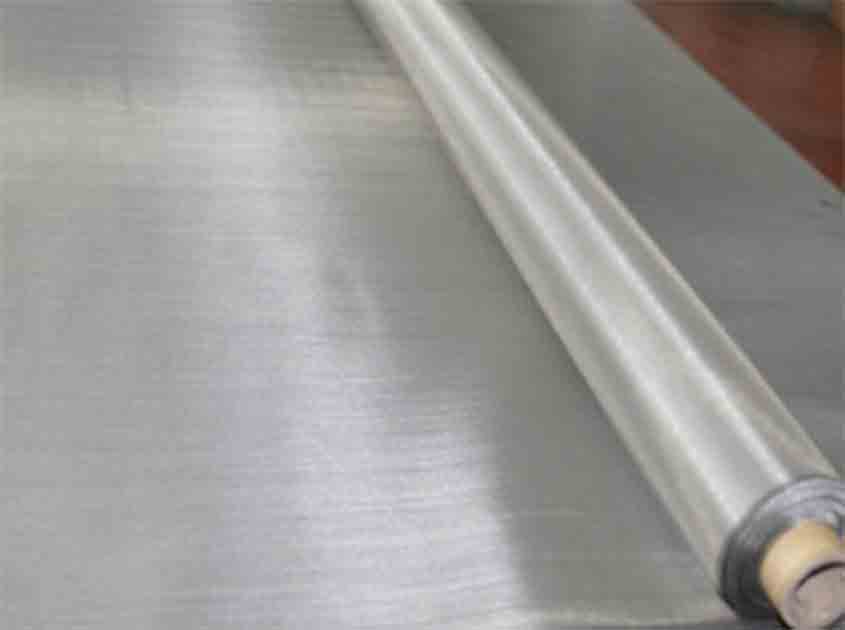
Durability and Corrosion Resistance:
One significant advantage of stainless steel wire mesh over copper wire mesh is its exceptional durability and corrosion resistance. Stainless steel is highly resistant to corrosion, oxidation, and environmental factors such as moisture, chemicals, and UV radiation. This inherent corrosion resistance ensures that stainless steel wire mesh can maintain its integrity and conductivity even in harsh and corrosive environments, making it suitable for outdoor applications, marine environments, and industrial settings.
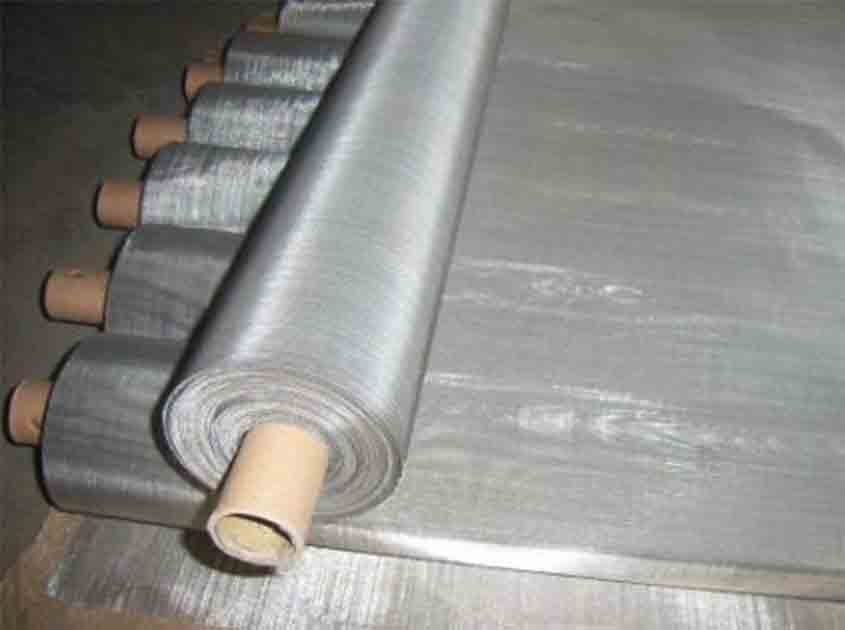
Cost-effectiveness:
Stainless steel wire mesh offers a cost-effective alternative to copper wire mesh, particularly in applications where electrical conductivity requirements are not extremely high. Copper is a valuable and relatively expensive material, making copper wire mesh a pricier option. Stainless steel, on the other hand, provides a more affordable solution without compromising on durability and corrosion resistance. This cost-effectiveness makes stainless steel wire mesh a favorable choice for various electrical applications, especially when high conductivity levels are not essential.


.jpg)




.png)






































